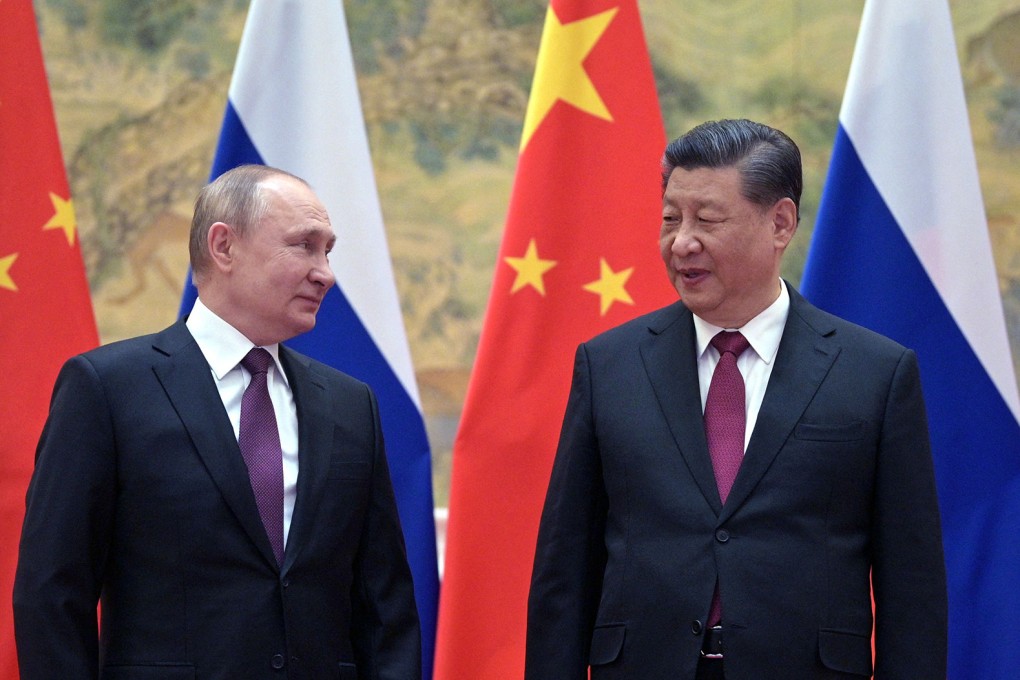Advertisement
Ukraine: cracks emerge in EU’s push for China to influence Russia
- The bloc’s foreign policy chief Josep Borrell has been working to persuade Beijing to help, but some in Europe see it as the wrong tactic
- With the invasion into its fourth week and China yet to condemn Russia, any opportunity to mediate may already have been missed
Reading Time:5 minutes
Why you can trust SCMP
98

Finbarr Berminghamin Brussels
Divisions are emerging in Europe over whether Beijing can help defuse Russia’s war on Ukraine, ahead of what is seen as the most important EU-China summit in memory.
A very public lobbying campaign to enlist China’s help has been spearheaded by Josep Borrell, the European Union’s top diplomat.
Borrell has said publicly that Chinese President Xi Jinping is the only person with the power to sway an increasingly isolated Vladimir Putin, the Russian leader.
Advertisement
“There is no alternative,” he told Spanish newspaper El Mundo. “We [Europeans] cannot be the mediators, that is clear … And it cannot be the US either. Who else? It has to be China, I trust in that.”
The stance has caused some consternation among officials and envoys, who are worried about whether publicly courting China is a bad look, when Beijing has shown little outward inclination to help.
Advertisement
Some European capitals are alarmed by China’s refusal to condemn the war, which has ground into its fourth week, or even to describe Moscow’s aggression as “an invasion”.
Advertisement
Select Voice
Choose your listening speed
Get through articles 2x faster
1.25x
250 WPM
Slow
Average
Fast
1.25x